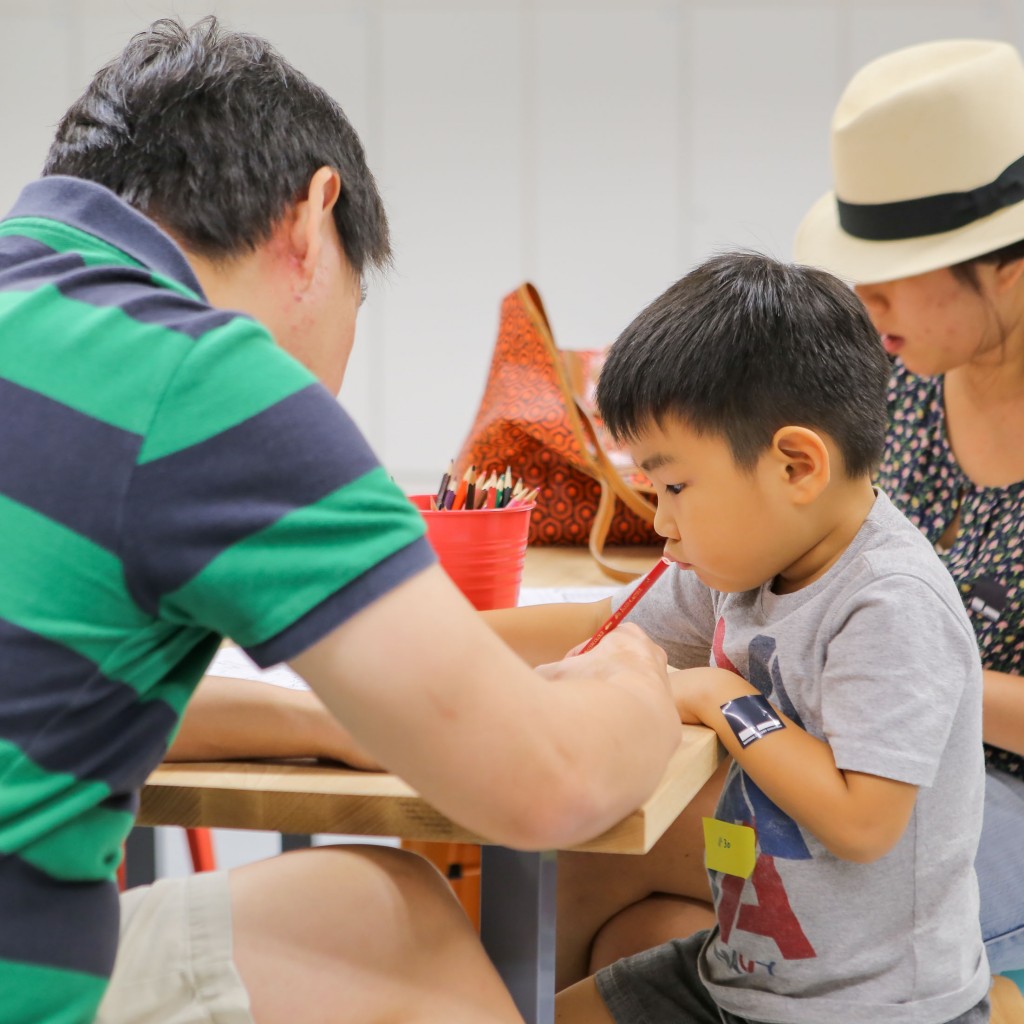How to Help your Child Become Bilingual
April 1, 2019

Although the medium of instruction in Singapore’s education system is predominantly English, students are still required to take mother tongue subjects throughout primary to post-secondary education. However, many worry that the younger generation is losing interest and competency in their native languages. Today, as people across the world privilege the learning of English due to its common status as a lingua franca, Associate Professor Leher Singh (NUS Department of Psychology) offers a few tips for parents who wish to raise bilingual children.
Firstly, A/P Singh advises parents to show interest in the second language themselves; this interest might rub off on their children and motivate them to learn. Secondly, she argues that conventional ways of learning within the classroom might not yield the best benefits. It is important for parents to create opportunities where children can use the second language in practical and meaningful ways beyond the textbooks. Furthermore, incorporating interactive games and roleplaying to simulate real-life conversations make it fun for children to learn a second language, thus making it more likely for them to embrace their new language. Thirdly, parents need to understand and cater to their children’s motivations or reservations towards learning a second language. A top-down approach for teaching a second language is ineffective as A/P Singh maintains that children embrace bilingualism better when they are self-driven. Lastly, parents should avoid comparing their children’s bilingual ability to other children in their efforts to accelerate the learning process. A/P Singh explains that people can take up multiple languages no matter their age. What is important is for parents to respect their children’s own pace of learning while constantly nurturing bilingualism and acknowledging their children’s efforts.
A/P Singh believes that these tips also apply to monolingual parents who wish to foster a conducive environment for learning a second language. As the world becomes increasingly cosmopolitan, A/P Singh states that being bilingual makes it easier for a child to connect with the world more meaningfully and opens the door to greater possibilities.
Read the article here.
